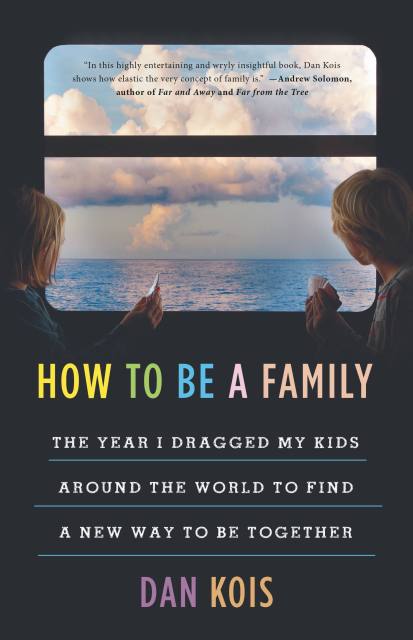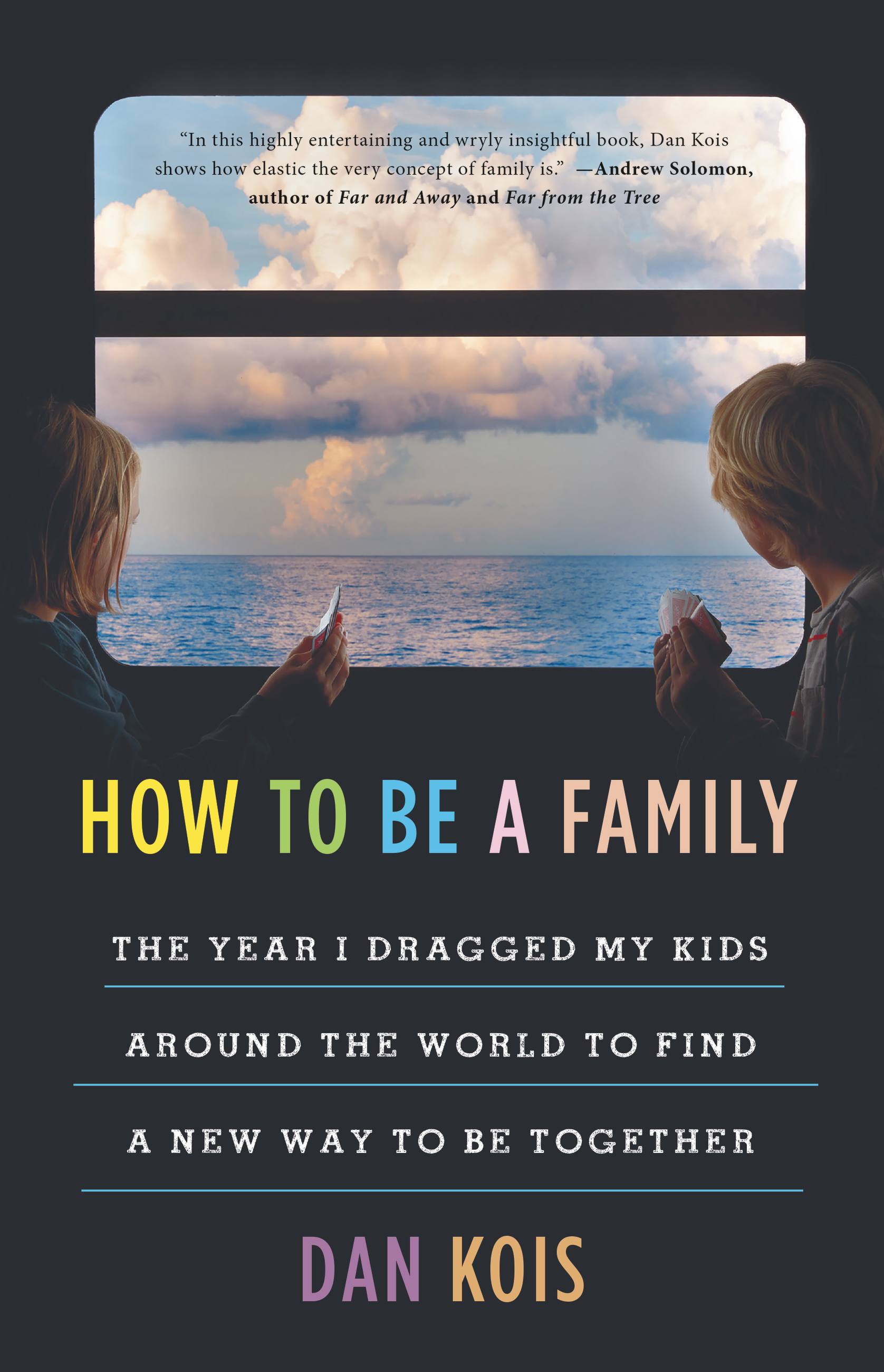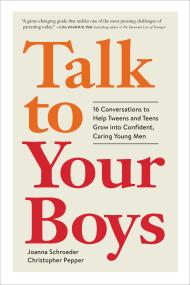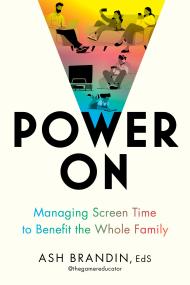By clicking “Accept,” you agree to the use of cookies and similar technologies on your device as set forth in our Cookie Policy and our Privacy Policy. Please note that certain cookies are essential for this website to function properly and do not require user consent to be deployed.
How to Be a Family
The Year I Dragged My Kids Around the World to Find a New Way to Be Together
Contributors
By Dan Kois
Formats and Prices
- On Sale
- Sep 17, 2019
- Page Count
- 336 pages
- Publisher
- Little, Brown and Company
- ISBN-13
- 9780316552615
Price
$14.99Price
$18.99 CADFormat
Format:
- ebook $14.99 $18.99 CAD
- Hardcover $28.00 $35.00 CAD
- Audiobook Download (Unabridged)
This item is a preorder. Your payment method will be charged immediately, and the product is expected to ship on or around September 17, 2019. This date is subject to change due to shipping delays beyond our control.
Buy from Other Retailers:
What happens when one frustrated dad turns his kids’ lives upside down in search of a new way to be a family?
In this eye-opening, heartwarming, and very funny family memoir, the fractious, loving Kois’ go in search of other places on the map that might offer them the chance to live away from home-but closer together. Over a year the family lands in New Zealand, the Netherlands, Costa Rica, and small-town Kansas. The goal? To get out of their rut of busyness and distractedness and to see how other families live outside the East Coast parenting bubble.
HOW TO BE A FAMILY brings readers along as the Kois girls-witty, solitary, extremely online Lyra and goofy, sensitive, social butterfly Harper-like through the Kiwi bush, ride bikes to a Dutch school in the pouring rain, battle iguanas in their Costa Rican kitchen, and learn to love a town where everyone knows your name. Meanwhile, Dan interviews neighbors, public officials, and scholars to learn why each of these places work the way they do. Will this trip change the Kois family’s lives? Or do families take their problems and conflicts with them wherever we go?
A journalistic memoir filled with heart, empathy, and lots of whining, HOW TO BE A FAMILY will make readers dream about the amazing adventures their own families might take.
Newsletter Signup
By clicking ‘Sign Up,’ I acknowledge that I have read and agree to Hachette Book Group’s Privacy Policy and Terms of Use






